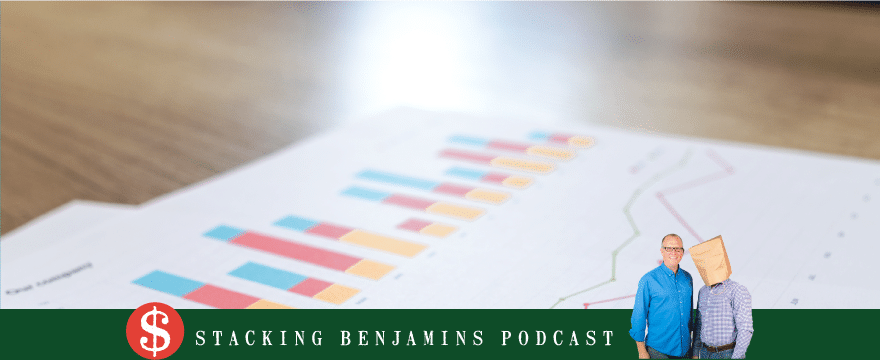Many of us have been in a situation where we need money and do noy have it in savings, so have to apply for a loan. Common examples can range from a car loan to a mortgage, from a debt consolidation loan to a student loan. While not ideal, it is simply a fact of life for many. If you must borrow money for some reason, it is wise to first understand your credit report and what implications credit has on everyday life.
The credit and borrowing landscape can be treacherous for the uneducated. Let us be your guides to help you navigate the waters safely and prosperously. Read on for our 411 on successful borrowing.
Reading Credit Reports
A credit report contains all of your information in your credit history. It has numerous components and the two most important in determining your score are payment history and credit utilization. The payment history contains data about your previous loans and whether you have always been on time with payments, etc., while the credit utilization shows a percentage of how much of the total credit available is currently owed – generally the lower the percentage, the better.
Lenders use credit reports to check your eligibility to get approved for a loan. You can receive copies of your report each year from each of the credit bureaus for free. Reading these reports can be extremely overwhelming, especially if you have multiple accounts, but, if you want to establish a financial standing and stability, you need to learn how to read them.
Luckily, there are numerous guides which will help you better understand them. We wanted to give you one such source of information, and found this simple and straightforward guide that will help you learn how to read your credit report. It could help to give it a read.
Banks are Not the Only Option
Up until recently, banks were the only game in town for getting a loan at a reasonable rate. After the 2008 financial crisis, however, their approval rates went significantly down due to increased scrutiny and borrower requirements. This led to the rise of the online lending market.
Online lending companies have become popular, and, currently, millions of people are using their services and may even prefer them over the banks, due to their higher approval rates, a simpler application process, and because online lenders may be more flexible and easier to deal with. However, the rapid growth of online loans is concerning to some.
You Need to Have a Plan to Pay Them Off
Having a plan on how to pay your loans off is crucial. That process starts even before applying for the loan. Start by calculating what the amount should be (how much you need). Try not to overextend yourself by taking out a loan so large that you can only make the minimum payments. Always give yourself room.
If you find yourself struggling to pay off debt, a side hustle can help you pay more on a regular basis. Thanks to the Internet, there are plenty of flexible online jobs that you can choose and work in your free time. Earning extra money is always beneficial, especially when paying off debt.
Credit Score is Key
Your credit score is the major factor when lenders consider whether they should approve your loan. Keeping up with your bills, having a stable income, and having a long, positive credit history are factors that have a positive impact on your score. Bad credit loans are also available, but they come with extremely high interest rates. That is why you should always aim to improve your credit score and apply for lower interest loans.


Leave a Reply